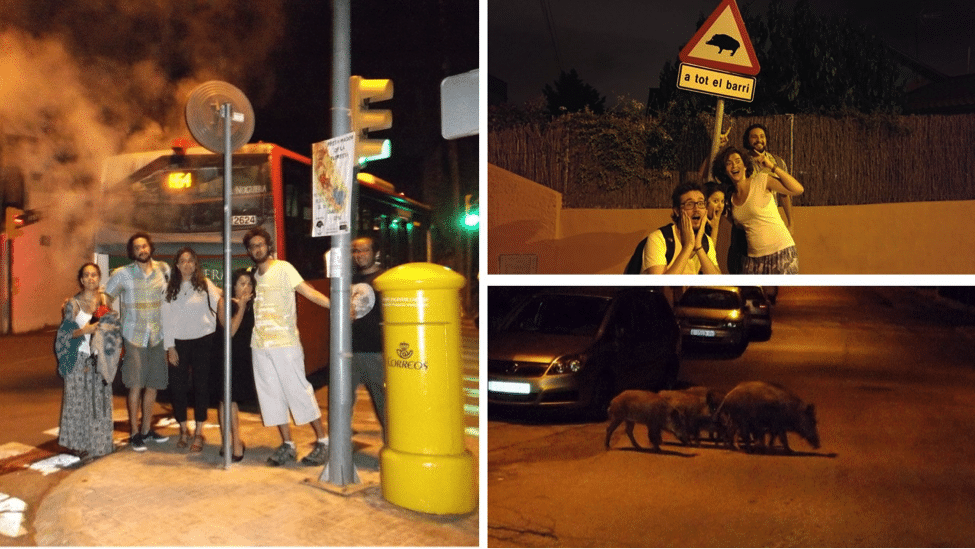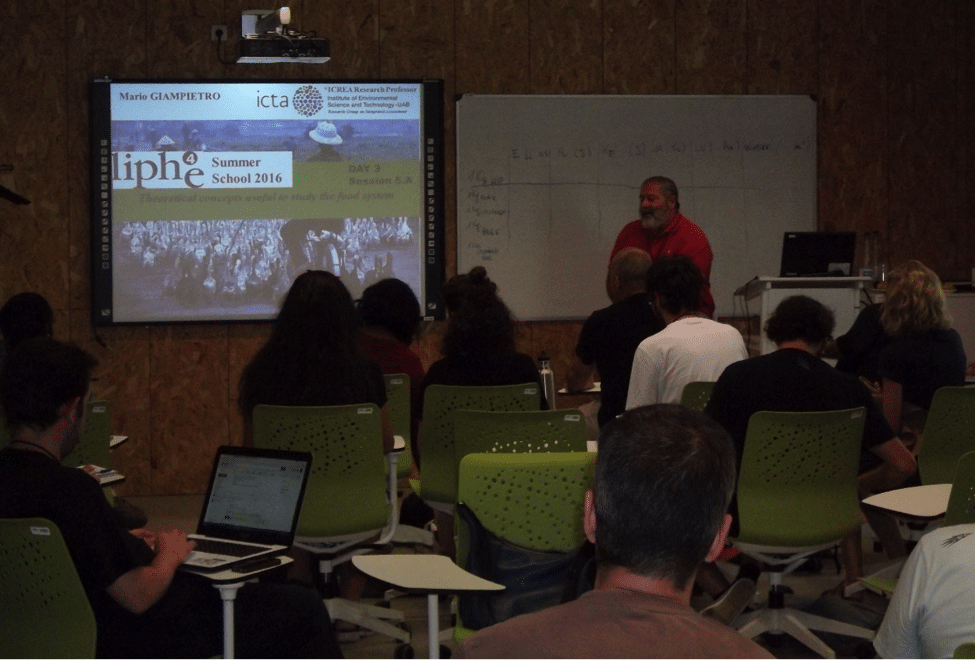
Imagine a sizzling day in the heart of Spanish summer. A long room with bright-green chairs, welcomingly cool despite the lack of air-condition. A patchwork of more than 30 people from a wide spectrum of backgrounds, origins and ages. And a bearded man talking in an imposing voice, mixing in his lecture elements from (among others) philosophy, economic theory, psychology, environmental science, popular culture and uncensored jokes. Well, there you have the 2016 edition of the liphe4 summer school “The Nexus between Food, Energy, Water and Land-use: Quantitative Storytelling with MuSIASEM”.
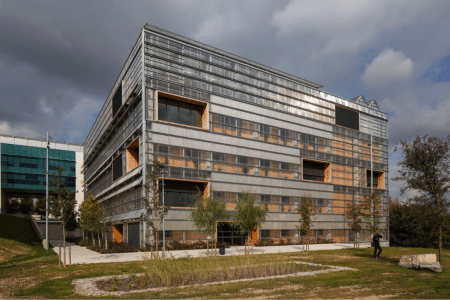
MuSIASEM, developed by Mario Giampietro and his colleagues, is an accounting framework that can be used to analyse the metabolic pattern of modern societies. It provides information on relevant funds (population, available land) and flows (energy, water, money) across scales and can be used to assess the feasibility (compatibility with boundary conditions), viability (congruence between requirement and supply of flows) and desirability of possible scenarios (e.g. implementation of a new policy). It builds on concepts derived from bio-economics (e.g. flow/fund model) and complex system theory. [2]
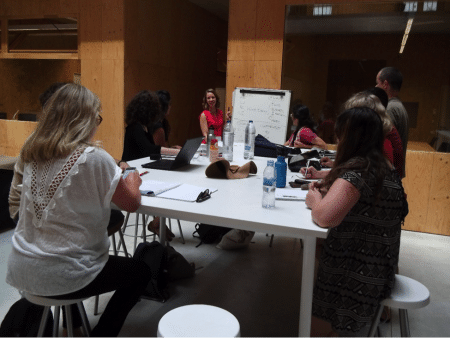
The first four days of the summer school opened with lectures, covering theoretical concepts and practical applications of the framework for the analysis of energy, water, food and waste systems. We, attendants of this edition of the summer school, were the first ones to be introduced to MuSIASEM 2.0, polished by Mario Giampietro during his recent stay in S.Africa. In the afternoons we were working in groups, making our first steps with using the methodology ourselves. Friday we all presented our work; from a comparison of organic and conventional dairy production in Spain to MokoKetchup, a development plan for Mokolodi village in Botswana, including hydroponic tomatoes, a desalination plant and a processing unit for the production of ketchup.
What else I keep from this week in Barcelona:
- The helpfulness and friendliness of all organisers and resource persons (IASTE)
- The interesting debates and discussions with co-participants during the sessions, on the train home or over a cold beer
- A note to self: the key to working smoothly in an interdisciplinary group is respect, both for other p
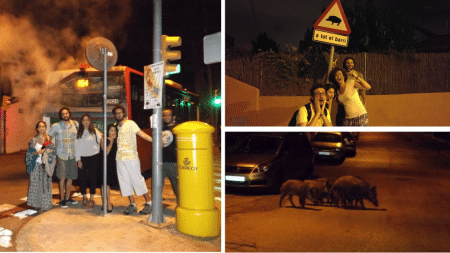
Mid-night adventure in Barcelona’s suburbs: smoking buses and sleepless wild pigs eople’s opinions and for their expertise
- The social dinner and the little adventure on the way back home: missed the last train to Barcelona, night bus stopped working in the middle of nowhere amidst a cloud of smoke rising from the engine, a whole family of wild pigs paid us a visit while waiting for the next bus to pass
- Last but not least: the sun and the heat and the life unfolding out on the streets of Barcelona – a bit of a home feeling after almost 3 straight months of rain in Leuven!
[1] Aphorism attributed to statistician George Box: https://en.wikipedia.org/wiki/All_models_are_wrong
[2] Giampietro et al. (2013). An Innovative Accounting Framework for the Food-Energy-Water Nexus Application of the MuSIASEM approach to three case studies. Environment and Natural Resources Management Working Paper 56, FAO, Rome.

